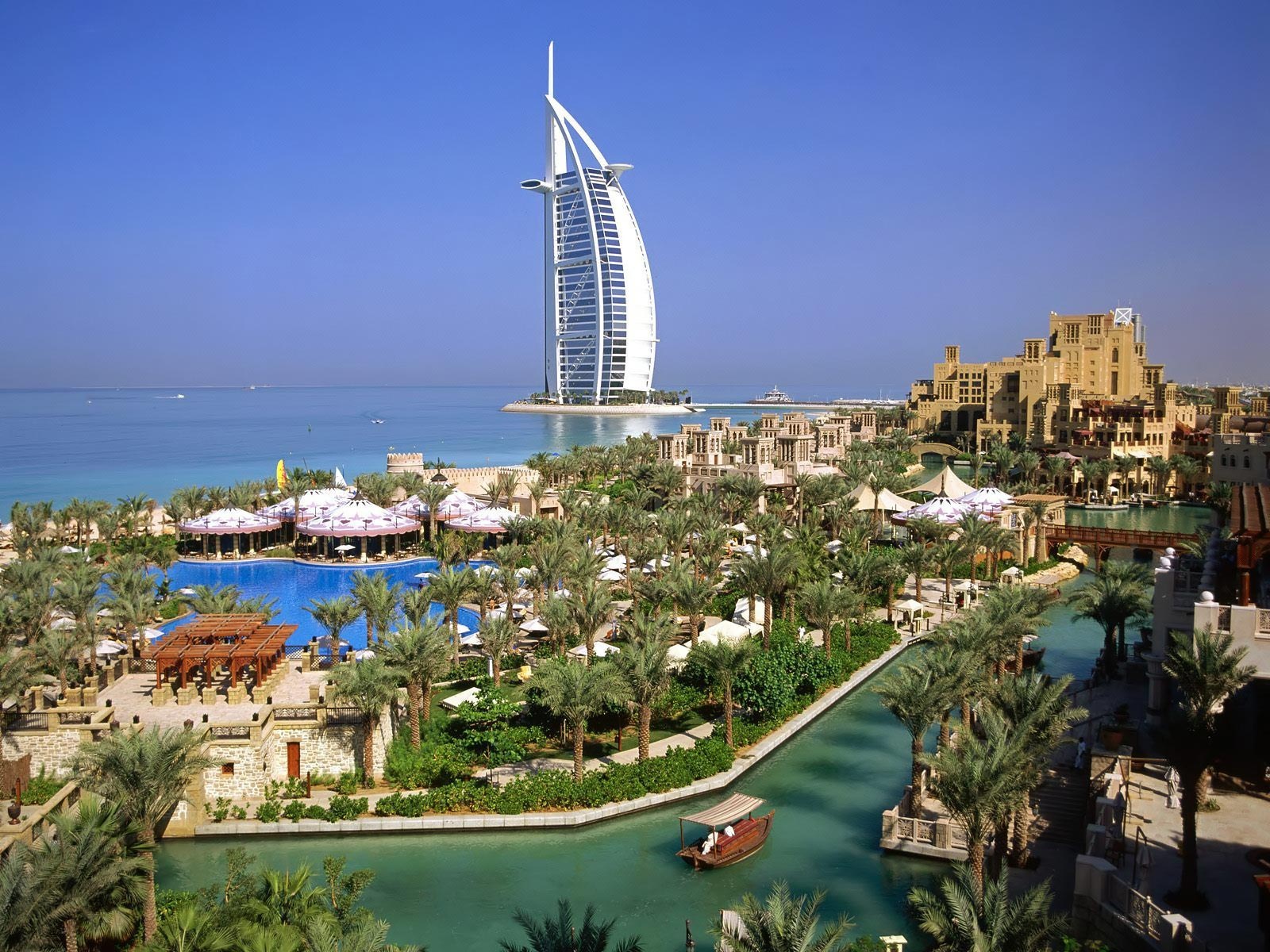It is evident that the economy of any system has multiple factors that affects its progress or development. Each system – whether it is a country, corporate, school, or home – have unique factors that affects their economic growth. However, there are some factors that are common throughout all, and I mean ALL, systems. One of them is moral, or spiritual, education.
Now, what in the world is Moral Education? And how does it affect the systems mentioned?
According to Wikipedia:
“[Moral Education] is the term given to education concerned with religion. It may refer to education provided by a church or religious organization, for instruction indoctrine and faith, or for education in various aspects of religion, but without explicitly religious or moral aims.”
Of course, some may roll their eyes when the world religion comes about. It is understandable. It is a sad fact that humanity has destroyed the true spiritual foundation of religion with false dogmas, interpretations, and traditions. Religion, to some, is seen as the method to brainwash people, or source of violence, or a source of ignorance and denial, or simple stupidity. Of course, the same mentality exists when we people blame the economy rather than the people that run the economy. To explain this problem, I would like you to ponder on this quote by ‘Abdu’l-Baha about moral education:
“With political questions the clergy, however, have nothing to do! Religious matters should not be confused with politics in the present state of the world (for their interests are not identical). Religion concerns matters of the heart, of the spirit, and of morals. Politics are occupied with the material things of life. Religious teachers should not invade the realm of politics; they should concern themselves with the spiritual education of the people; they should ever give good counsel to men, trying to serve God and human kind; they should endeavour to awaken spiritual aspiration, and strive to enlarge the understanding and knowledge of humanity, to improve morals, and to increase the love for justice.”
– Paris Talks, p. 158
Now that the definition of moral education is unveiled, what morals are we talking about?
Morals are basic principles, or ethical codes, that shapes our understanding of what is right or wrong, or what is good or bad. This is the dry definition. In my opinion, morals are a set of tools that assist us to become a better individual, leading to the improvement of our community. Those morals include understanding, tolerance, respect, trust, truthfulness, love, humility, cooperation and striving for excellence.
Those set of morals are essential elements that strengthen the foundation of our society, which directly and indirectly affect our economic progress.
For example, based on personal experience:
The United Arab Emirates is a country with high potential of growth due to its wealth in oil and current human resources. However, due to prejudice among some individuals; such as racism, sexism and even religious hatred, they have barred themselves from attaining such potential. It happens in many forms, one form is that an unqualified person takes a high responsibility position at work, while a colleague of his, who is qualified and happens to be of a different race that is considered second class among the local culture, holds a lower position. Ironically, in all schools in the United Arab Emirates, they teach Islamic Values and ethics. They have taught us moral values, critical thinking and interesting historical eras. Yet, they haven’t correlated those concepts with the condition present in our society. Every individual absorbed the Teachings as set of information, memorized them (or being told to memorize them); not being told how those Teachings can be channeled through our daily lives, or simply, understand the essence behind those Teachings. There are many more cases present in our society and community that reflect such dilemma. Which you can reflect yourself of what is limiting the potential of our community from growing.
Moral education is essential to the growth of the community. It is important to foster those morals at a very young age; children and the youth. Starting with the roots of our society, those children and youth have the potential, power and capacity to learn and apply those moral values in their lives, which in turn will influence the community around them as they become more aware of the problems in our society; such as poverty, environmental concerns, and injustice.
The current method used to direct our society to follow the codes and ethics of the community is found most of the time in the form of punishment. Rarely have we seen in our media, education or even in conversations individuals laud the work of the good individual. It somehow seems that it has been shaped in our mind that the only way we learned to do good, or act in accordance to the rule of law is punishment.
‘Abdu’l-Baha, in Some Answered Questions, states:
“The communities are day and night occupied in making penal laws, and in preparing and organizing instruments and means of punishment. They build prisons, make chains and fetters, arrange places of exile and banishment, and different kinds of hardships and tortures, and think by these means to discipline criminals, whereas, in reality, they are causing destruction of morals and perversion of characters. The community, on the contrary, ought day and night to strive and endeavor with the utmost zeal and effort to accomplish the education of men, to cause them day by day to progress and to increase in science and knowledge, to acquire virtues, to gain good morals and to avoid vices, so that crimes may not occur. At the present time the contrary prevails; the community is always thinking of enforcing the penal laws, and of preparing means of punishment, instruments of death and chastisement, places for imprisonment and banishment; and they expect crimes to be committed. This has a demoralizing effect.
But if the community would endeavor to educate the masses, day by day knowledge and sciences would increase, the understanding would be broadened, the sensibilities developed, customs would become good, and morals normal; in one word, in all these classes of perfections there would be progress, and there would be fewer crimes.
It has been ascertained that among civilized peoples crime is less frequent than among uncivilized — that is to say, among those who have acquired the true civilization, which is divine civilization — the civilization of those who unite all the spiritual and material perfections. […] The reason is evident: it is because education and virtues prevent them.
Therefore, the communities must think of preventing crimes, rather than of rigorously punishing them.”
The economy, guided with the force of Moral Education, will achieve progress and development due to the power of knowledge, education and consciousness that fuels the momentum to pursue excellence. As individuals who will soon change the course of our community, we must strive, through patience and practice, to implement these values in our circle. And the best way to start is through being an example ourselves.
Baha’u’llah, Founder of the Baha’i Faith, states:
“Forget your own selves, and turn your eyes towards your neighbor. Bend your energies to whatever may foster the education of men.”


